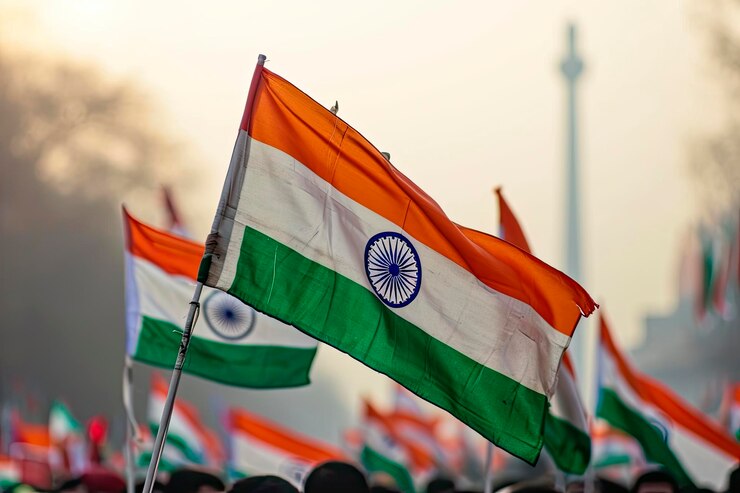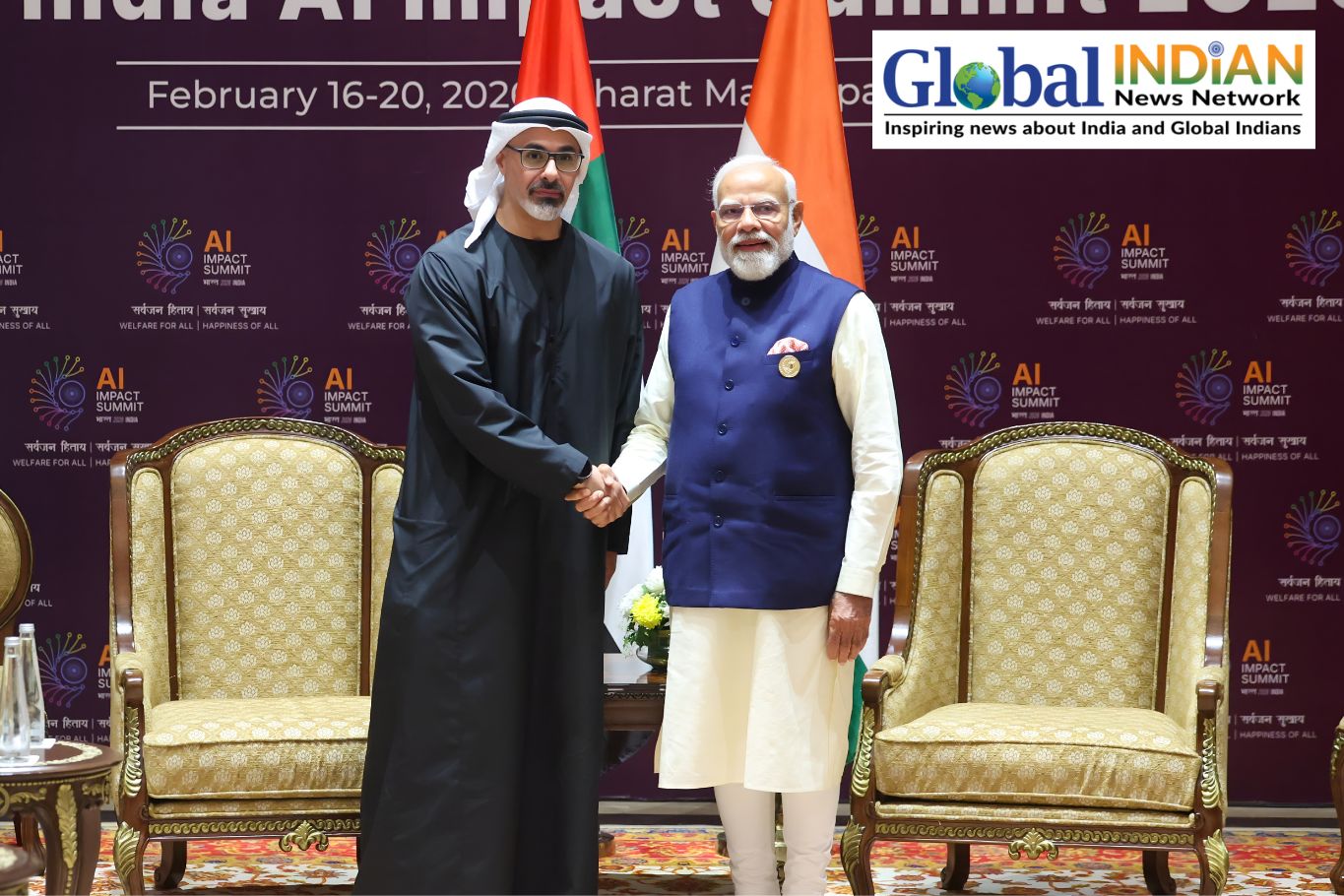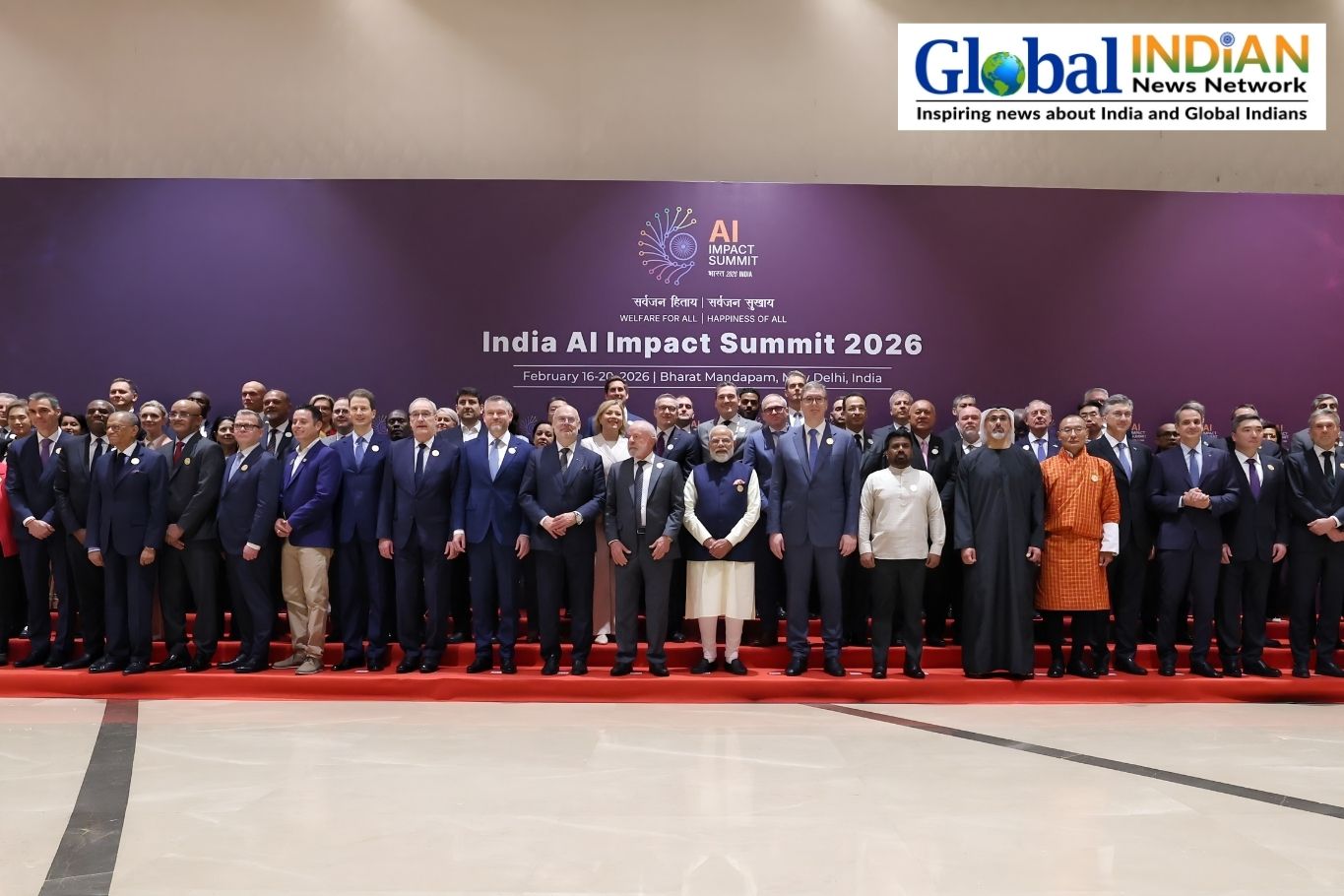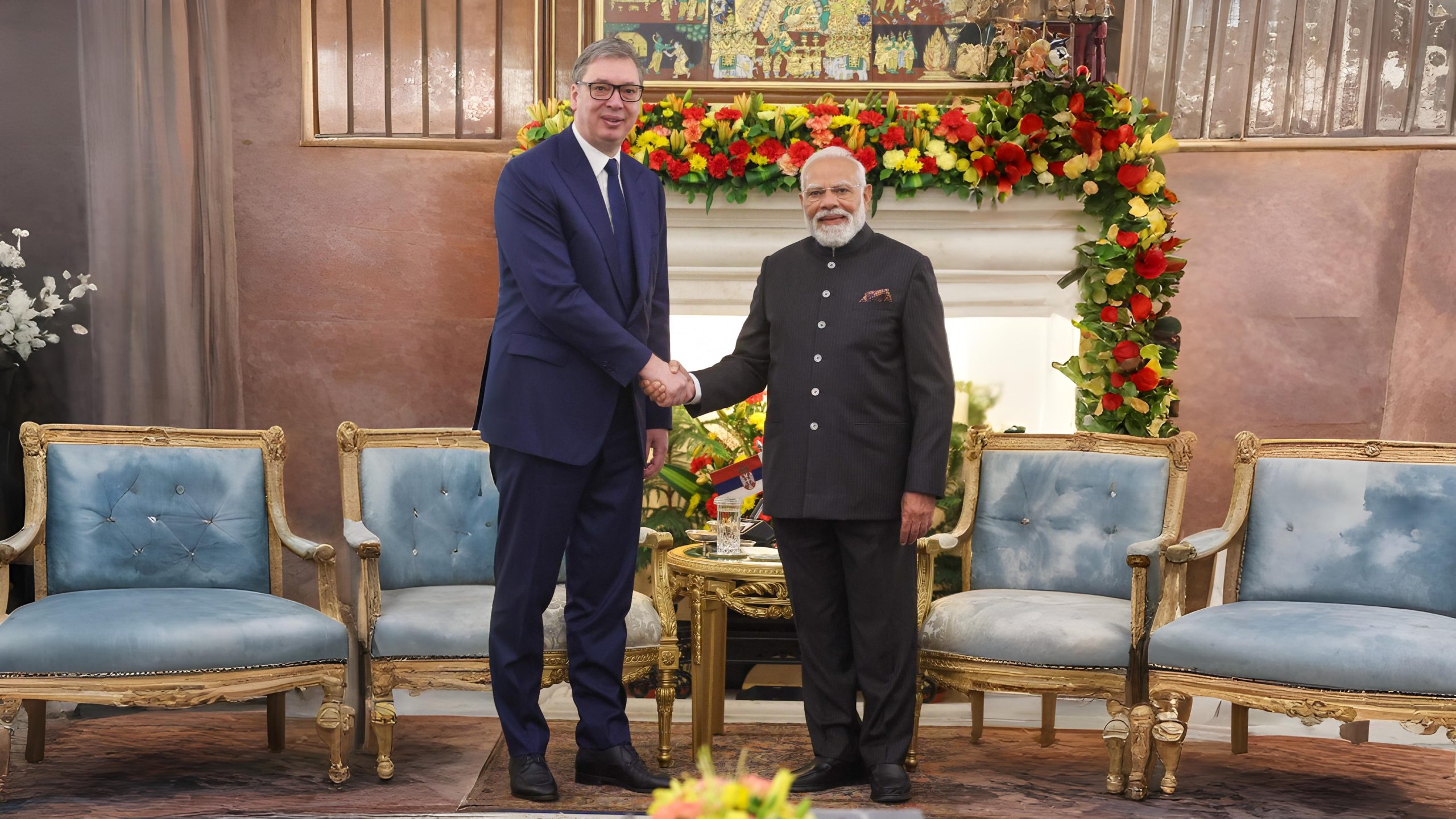 The Indian government is currently evaluating a proposal for a “Made in India” label aimed at enhancing the country’s brand recognition in global markets, as reported by news agency PTI on October 2. Sources familiar with the discussions indicated that a high-level committee is assessing the specifics of this initiative.
The Indian government is currently evaluating a proposal for a “Made in India” label aimed at enhancing the country’s brand recognition in global markets, as reported by news agency PTI on October 2. Sources familiar with the discussions indicated that a high-level committee is assessing the specifics of this initiative.
The goal is to forge a robust brand identity for India, reminiscent of the strong quality associations linked with labels like “Made in Japan” or “Made in Switzerland.” An official involved in the talks expressed, “We aspire to achieve a similar recognition for India.” They pointed out that just as Switzerland is recognized for its watches, chocolates, and banking systems, the objective is to cultivate a comparable image for Indian products.
Discussions are underway about whether the initiative should be tailored for particular sectors where India has established strengths, such as textiles. Experts referenced in the report emphasize that fostering quality awareness is crucial for effectively promoting the ‘brand India.’
The India Brand Equity Foundation (IBEF) is responsible for promoting and increasing international recognition of the “Made in India” label on behalf of the government. This foundation operates as a trust established by the Department of Commerce to bolster India’s brand strategy on the global stage.
According to the Global Trade Research Initiative (GTRI), a think tank cited in the report, the branding strategy should be grounded in three main pillars: promoting high-quality products, enhancing the quality of lesser products, and prioritizing actions to boost product quality rather than merely focusing on branding.
Experts emphasize that “India can adopt several strategies to enhance its branding naturally, with a strong focus on maintaining consistent product quality and reliability as a top priority.” They noted that the Indian pharmaceutical industry has successfully gained international trust by delivering high-quality generic medications.
To maintain this positive reputation, strict measures must be enforced against suppliers of substandard products, as emphasized by Ajay Srivastava, founder of GTRI. He argued that branding should be secondary until India achieves top-tier production standards in any sector.
Srivastava further illustrated that between 1990 and 2010, China became the largest contract manufacturer of electronics like TVs and refrigerators without emphasizing branding. Only after establishing confidence in their product quality did China aggressively promote its brands.
India could create a cohesive brand known as “India Quality Product” that signifies excellence and reliability. To qualify for this label, manufacturers and exporters would need to meet specific standards regarding product quality and packaging.
This initiative might initially focus on categories such as garments, footwear, and handicrafts, where India has a rich heritage, before gradually expanding to encompass electronics and engineering products.









